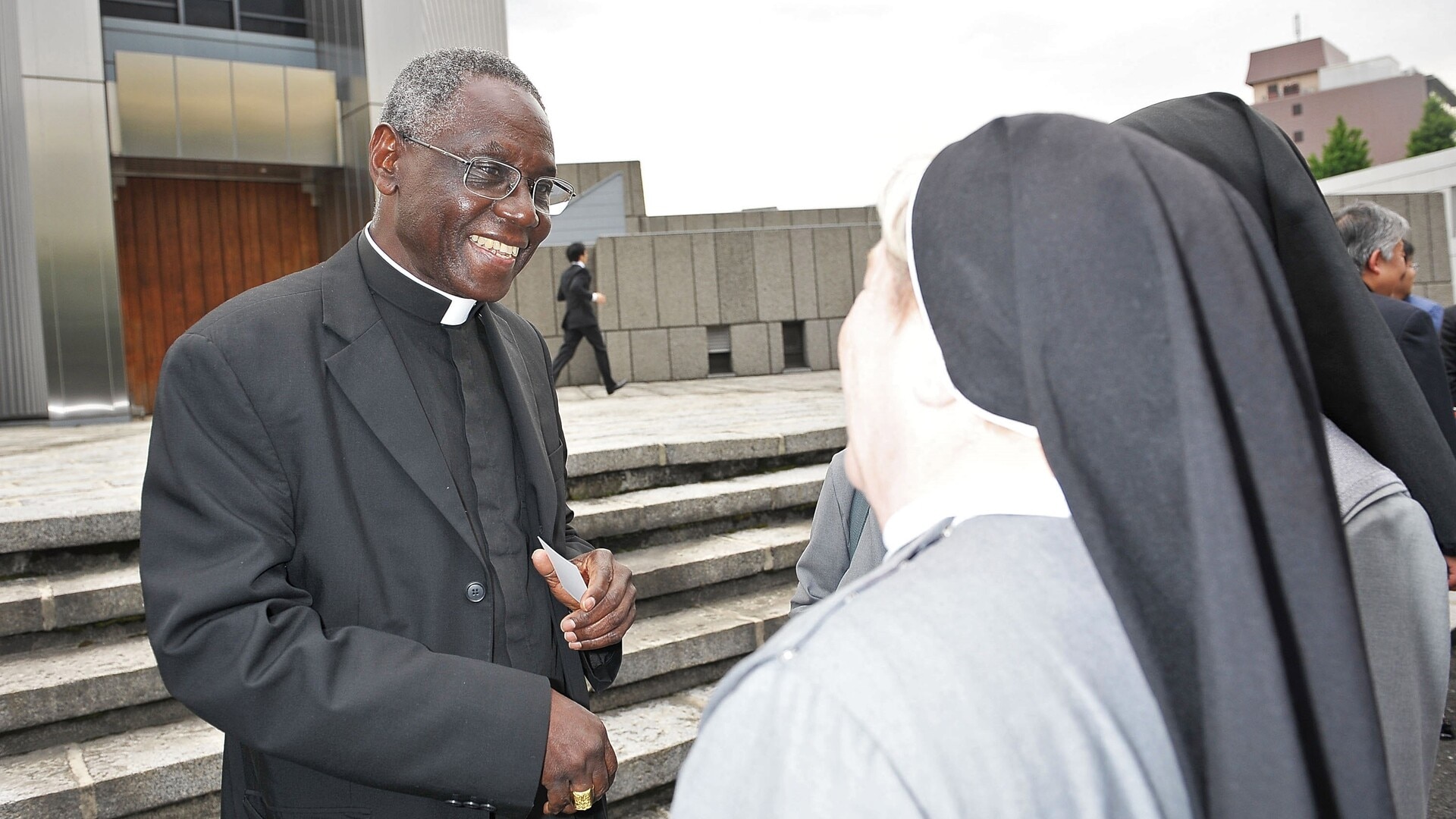Search for new pope will become fight over values
As cardinals get down to business ahead of the conclave to elect the 267th pope, two current controversies will impact on their choice of a potential successor to Pope Francis.

As cardinals get down to business ahead of the conclave to elect the 267th pope, two current controversies will impact on their choice of a potential successor to Pope Francis.
One relates to the Chinese Communist Party; the other to church blessings for same-sex couples in Germany. Both issues have long-term consequences.
Just after Francis’s death – though it had been in the pipeline for a long time – the German Catholic bishops published their guidelines to parish priests on blessings for couples in “irregular” situations. The document, “Blessings for Couples Who Love Each Other”, urges priests to use the blessings to “express appreciation” for individuals seeking recognition from the Church.
“Non-church married couples, divorced and remarried couples, and couples in all the diversity of sexual orientations and gender identities are of course part of our society ... quite a few of these couples want a blessing for their relationship,” the guidelines note.

The move will delight liberal church leaders and laity. But it will strengthen the determination of many cardinals in Africa, where church growth is at its strongest, to oppose any form of liberalisation. Their opposition could potentially help vote down a candidate eager to promote it.
Consistency of moral values, teaching and practice across the universal church are likely to come into play in the discussions, underlining the divide between liberals and conservatives.
The Vatican’s 2018 pact with the government of Xi Jinping, renewed three times since, will also rear its controversial head. The pact handed Beijing a major say in the appointment of bishops in the officially approved church, the “Patriotic Association’’, at the expense of the long-persecuted “underground church’’.
Now the CCP is turning the screws, implementing five chapters of new “Implementation Rules’’ from Thursday, May 1 (Labour Day in China), to tighten control of the work of overseas missionaries in the country. The aim, the document says, is to “standardise’’ management of religious activities in line with “China’s public order and good customs’’.
Under the rules, printed and audiovisual religious material will be subject to approval and limited in quantity. Visiting preachers’ backgrounds will be vetted. Where “a crime’’ is constituted, “criminal liability shall be pursued in accordance with the law’’.
All senior Vatican roles are now vacant, but former Vatican Secretary of State Pietro Parolin, seen as a papal frontrunner, was a driving force behind the agreement. Transparency demands that he should face close scrutiny from his brother cardinals.






To join the conversation, please log in. Don't have an account? Register
Join the conversation, you are commenting as Logout